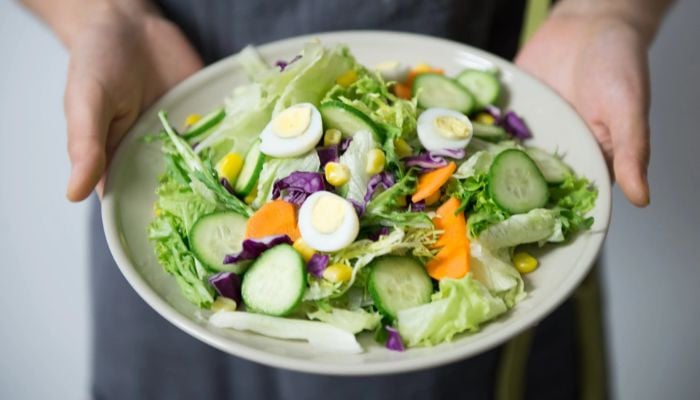Ah plant based diet A place where all animal products are prohibited, including meat, poultry, fish, eggs, dairy and honey. As the name suggests, everything you consume comes from plants, including whole grains, legumes, vegetables, fruits, nuts and seeds.
Are Plant-Based Diets Healthy?
Studies show that eating a plant-based diet can have a significant impact on health.
A whole food, plant-based diet, when properly followed, limits the consumption of processed foods, added sugars and oils, leaving only whole foods as the main source of nutrition. , foods that are potentially harmful to health are essentially cut out.
These diets are high in fiber, vitamins, minerals and antioxidants and low in saturated fat and cholesterol.
Several studies have shown the following to be the health benefits of a vegan diet.
prevention:
- Heart disease.
- High blood pressure (hypertension).
- Diabetes.
- digestive disorders.
- colon cancer and breast cancer.
- obesity.
A plant-based diet can also help you lose weight and lower LDL cholesterol. Cleveland Clinic Said.
Cons of a plant-based diet
When following a plant-based diet, you should avoid all animal products, including red meat and dairy products such as milk, yogurt, cheese, and ice cream.
Another thing to keep in mind is that if you don’t plan your plant-based diet properly, you won’t get enough protein, vitamins, and minerals. is no longer the best. However, you can be sure that you are getting the nutrients you need from other sources.
Research published in medical journals BMJMore suggests that despite the health benefits shown in previous studies, plant-based diets may have unknown health risks. Studies show that vegetarians and vegans may be at higher risk of stroke.A vegan diet is also associated with depression.
A British study found that vegetarian women were more likely to suffer hip fractures at an older age than those who ate meat.
How to manage nutrients with a plant-based diet?
To maintain muscle mass, strong bones and glowing skin, make sure your diet contains enough protein.
- Beans, lentils, peas.
- Quinoa.
- Soy products Tofu and soy milk.
- nuts and seeds.
To maintain strong bones, you need enough calcium and vitamin D in your diet.
Consider drinking milk substitutes such as soy, almond, rice or hemp milk. This includes calcium and the vitamin D needed to absorb it. Consume plenty of calcium-rich beans and leafy green vegetables. Don’t forget to eat mushrooms and vitamin D-fortified cereals. You also need vitamin D supplements. Another source of vitamin D is sunlight.
You also need enough iron to maintain energy and immunity, enough zinc to support a strong immune system, and enough vitamin B12 to form red blood cells and avoid anemia.
